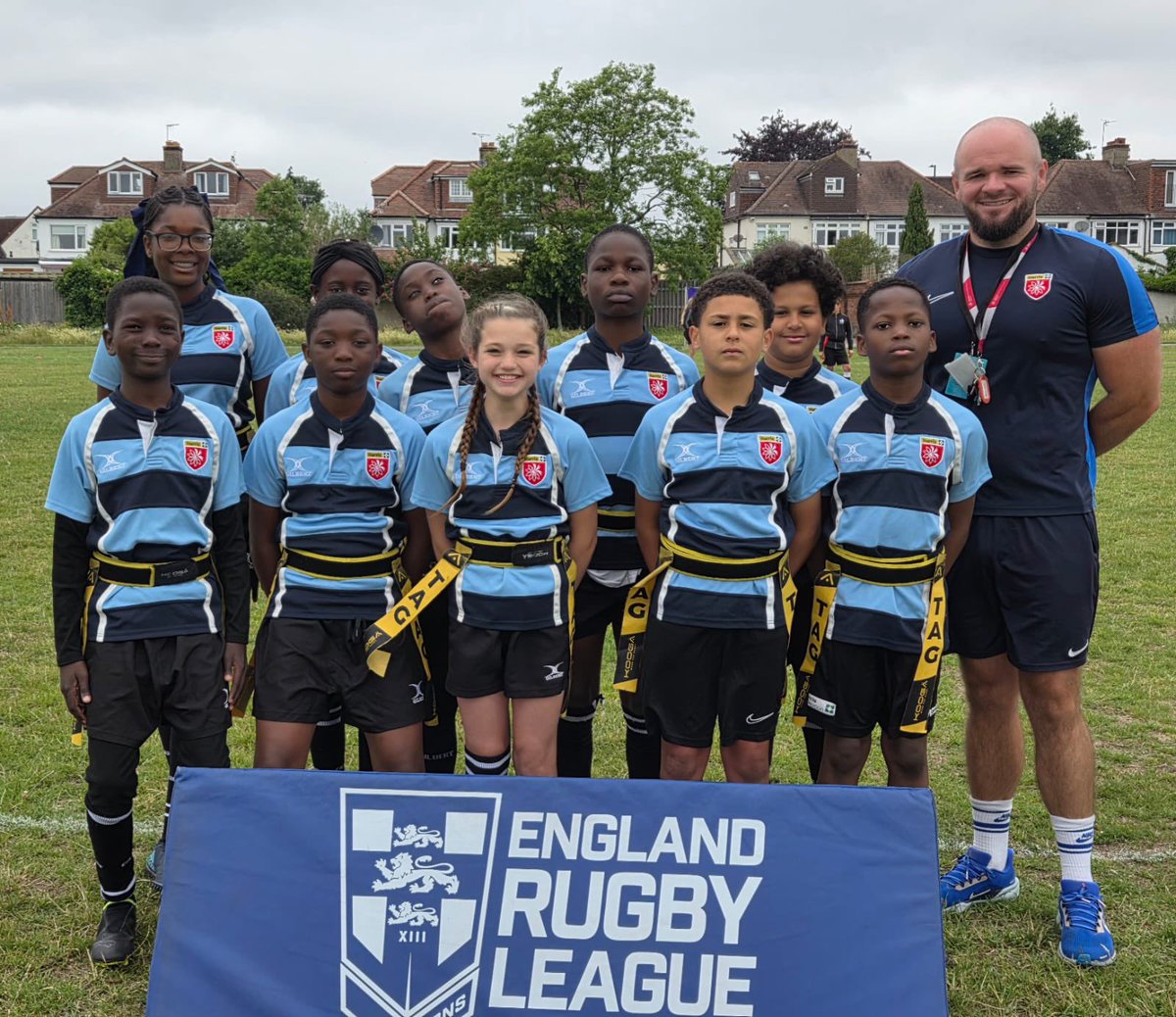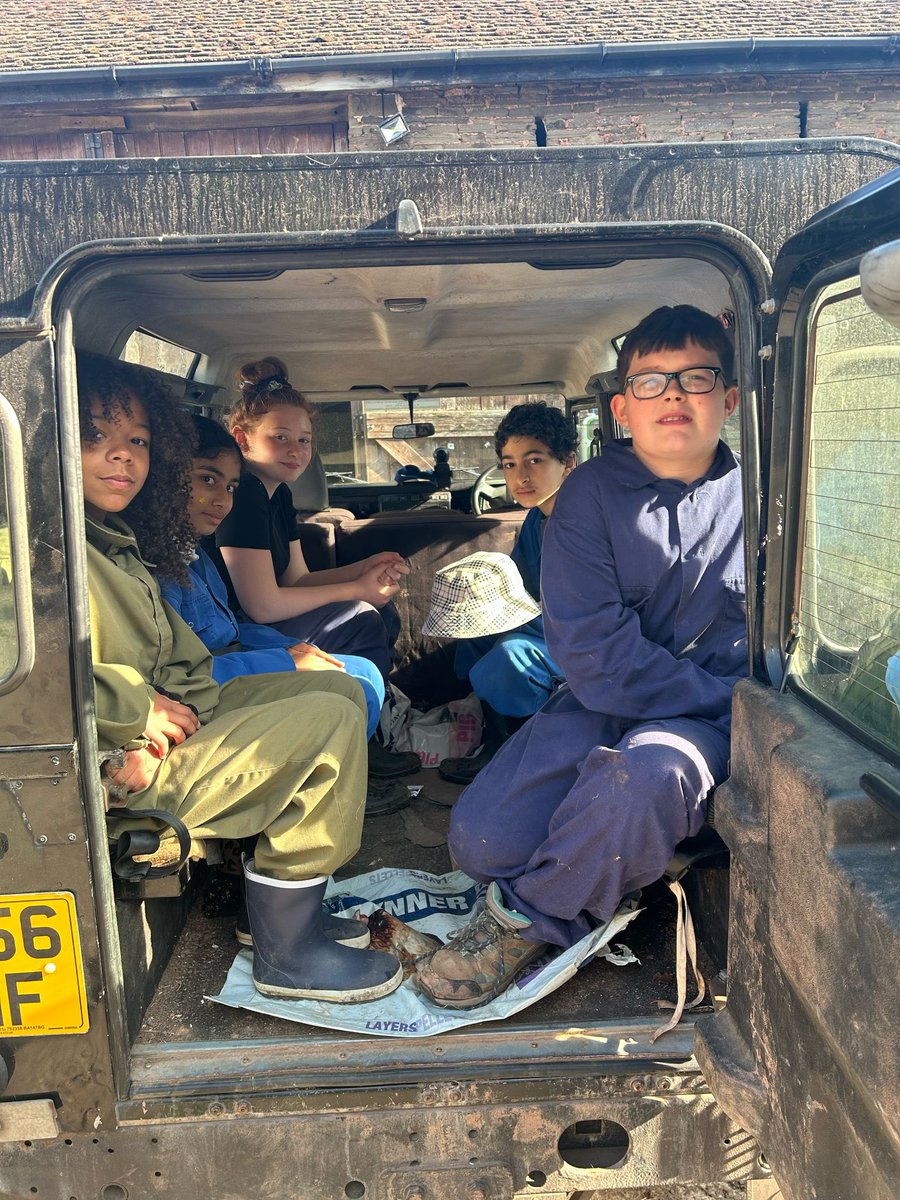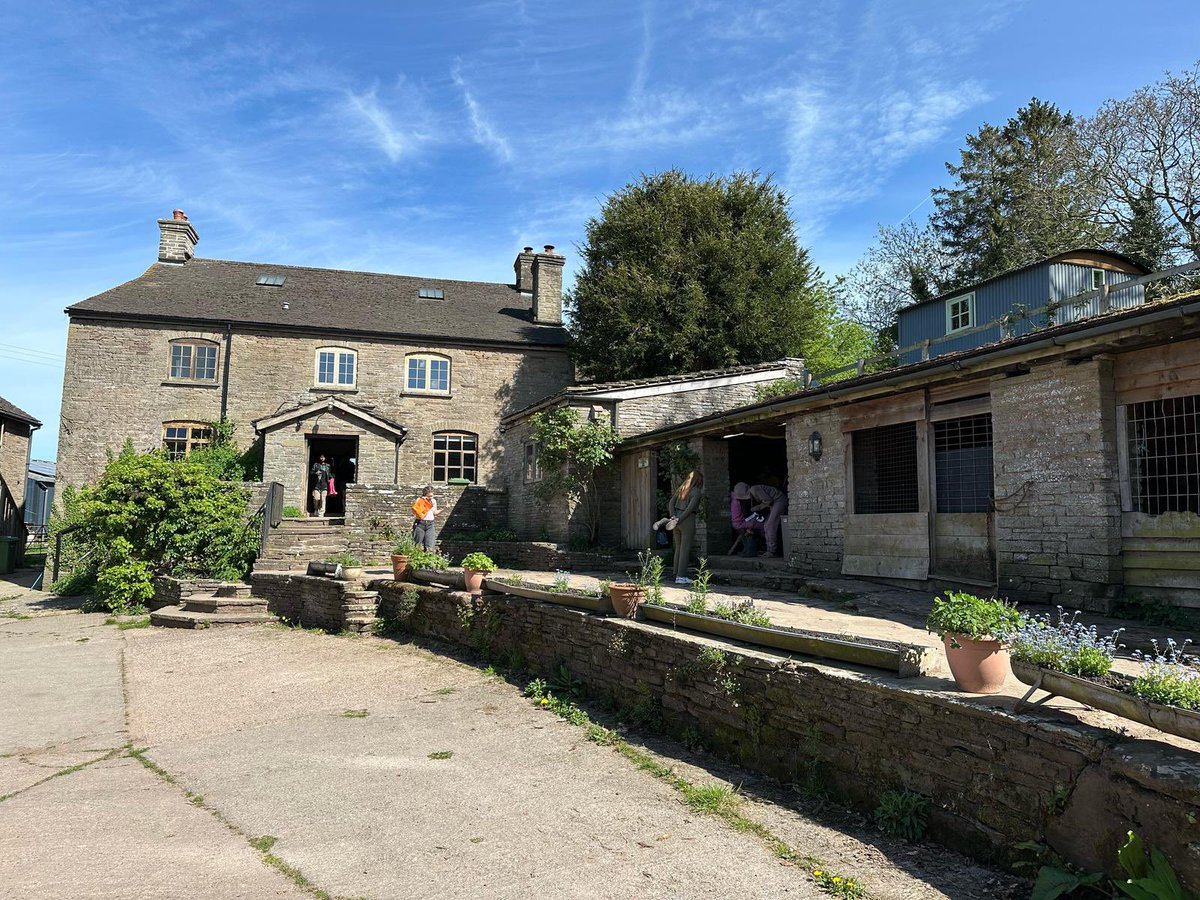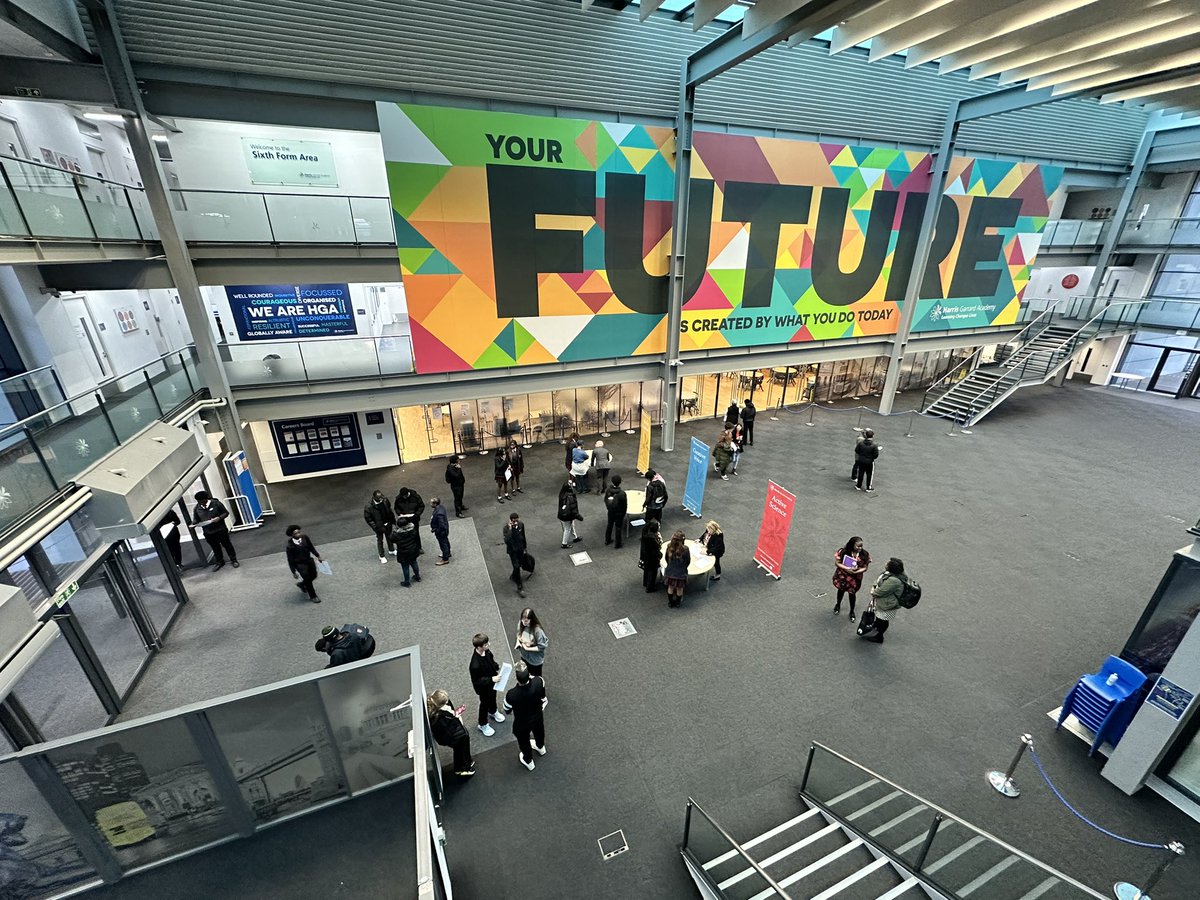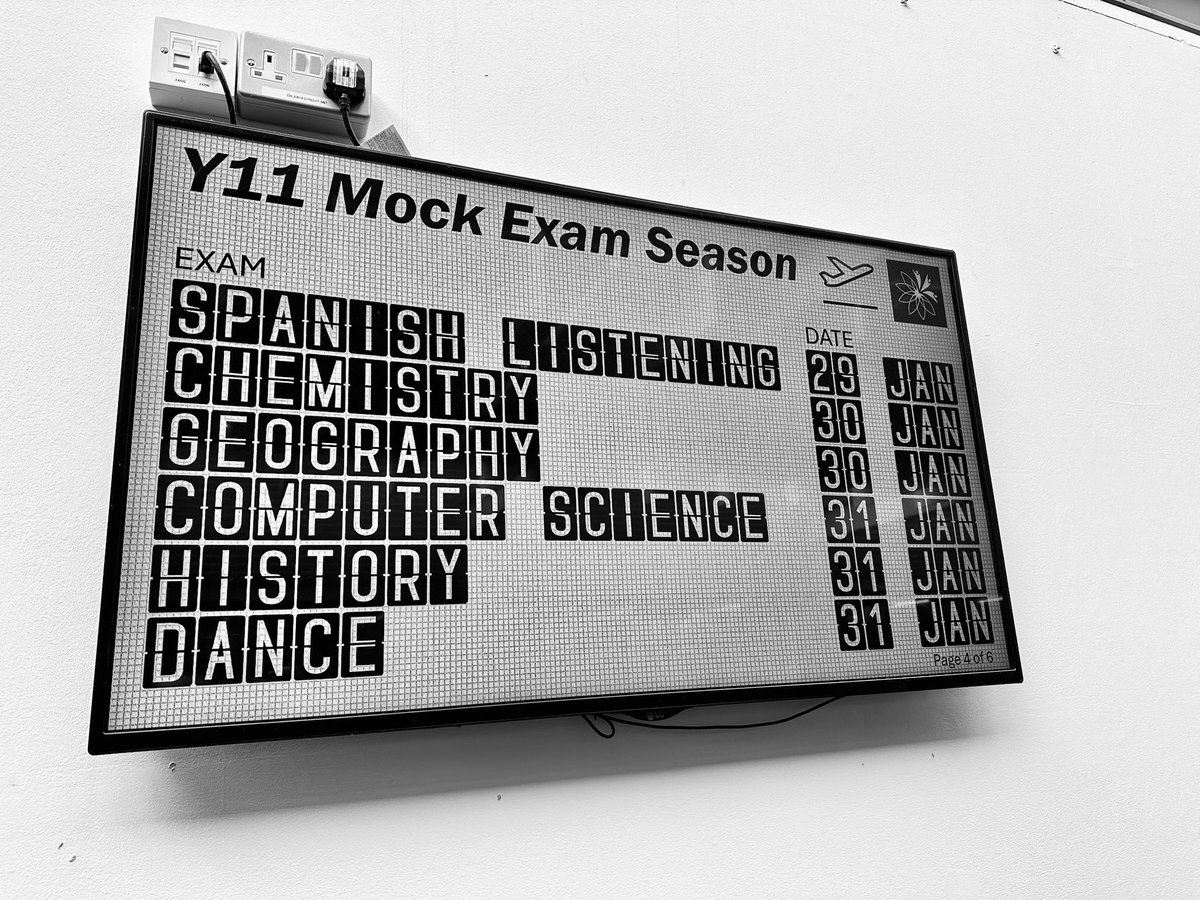Religious Education
Religious Education aims to teach students about the defining features of all the major world religions, as well as the major secular movements within the public sphere. It also aims to impart to students a confidence to employ ethics and critical thinking in their everyday lives.
Religious Education teaches students to attempt questions that do not have a clear or simple answer. An ability to attack questions with vigour despite the knowledge that they may not find an easy answer is something that breeds character and determination. Coupled with this is the benefit of combatting ignorance and polarised viewpoints through in-depth study of different religions and cultures.
Key Stage 3 overview
An overview of key questions taught to students in Key Stage 3 can be found below:
|
|
Term 1A |
Term 1B |
Term 2A |
Term 2B |
Term 3A |
Term 3B |
|
Year 7 |
How do humans find meanings?
Thinking |
What is a religion?
Living |
What is Sanatana Dharma?
Believing |
Does Buddha Dharma solve the problem of suffering?
Believing
|
Does God exist?
Thinking |
Does God exist? (Continues)
Thinking |
|
Year 8 |
Putting belief and faith into practice.
Believing
|
Does living biblically mean obeying the whole Bible?
Believing |
Is death the end? Does it matter?
Believing |
How can people express the spiritual through music and art?
Expressing |
What does it mean to be human?
Expressing |
Does religion help people to be good?
Living |
|
Year 9 |
Do we need to prove God’s existence?
Believing |
Why is there suffering? Are there any good solutions?
Believing |
How important is family in a relationship?
Living |
Why are some people Prejudiced?
Living |
Should happiness be the purpose of life?
Living |
Is religion a power for peace or a cause of conflict in the world today?
Living
|
Knowledge is assessed through one extended piece of writing per half term, and low-stakes knowledge quizzes throughout the term. Students are assessed on the components of AT1 (learning about religion) and AT2 (learning from religion). This gives learners the opportunity to develop knowledge of religious practices, whilst providing reflection for how to relate this knowledge into meaning in their own lives.
Key Stage 4 overview
For Key Stage 4 learners, students can choose to study Religious Education as a GCSE option. The chosen curriculum is AQA and students’ study both Christianity and Islam. The course is assessed by two written exams at the end of Year 11. Where possible, local religious leaders and trips to places of worship enhance the depth of knowledge accrued. Students are able to participate in ethical debates, question fundamental principals in life, and develop their own meaning relative to their lives. Theories such as humanism and atheism are also discussed
Also, all students in Key Stage 4 receive Religious Education through the Tutor Time programme, once every four weeks. Students look at current ethical and philosophical issues and study religious and worldviews response to these issues, recapping what was learnt in Key Stage 3/4 and then in more depth and detail.
An overview of what students learn throughout the terms can be found below:
|
|
Term 1A and 1B |
Term 2A and 2B |
Term 3A and 3B |
|
Y10 |
Christianity Beliefs and Practices |
Islamic Beliefs and Practices |
Theme A: Relationships and Families |
|
Y11 |
Theme B: Religion and Life |
Theme D: Religion, Peace and Conflict |
Theme E: Religion, Crime and Punishment |
We follow the Agreed Syllabus for Religious Education 2021-2026 as agreed by the Bexley Standing Advisory Council of Religious Education (SACRE). In KS4 we offer a GCSE in Religious Studies, and for those students who do not choose this option, we deliver timetabled lessons in the mornings. These sessions are delivered by our subject specialist. Click HERE for a map of how we deliver the Bexley Agreed Syllabus to KS4.
You can download Knowledge Organisers for each year group from our Knowledge Organisers page.
For queries about the RE curriculum please contact info@harrisgarrard.org.uk
For queries about the Religious Education curriculum, or to discuss your right to withdraw your child from RE, please contact Helea Mbakam-Nitcheu H.MbakamNitcheu@harrisgarrard.org.uk.
Primary
RE is like an iceberg. As you unpack ideas, you come to understand a deeper meaning."
Religious Education encourages pupils to learn from different religions, beliefs, values and traditions while challenging and exploring their own beliefs and questions of meaning and to develop their own sense of identity and belonging.
It also enables them to respect the views of others that differ from their own and prepares them for living in a world and local community that is diverse in both culture and belief. (Bexley Sacre 2021)
There is a high academic ambition for all our pupils to see themselves in their curriculum and this is an intrinsic part of how we share our beliefs and faith. In our RE curriculum, we offer plenty of opportunity for the pupils to put this into practice through visits and visitors, and through artefacts for pupils to experience aspects of each religion. Our aim is that our pupils leave the primary phases with a secure knowledge of how different religions work and how they make up the fabric of our community.
Miss Kanu, AAP and Primary RE & Culture Lead
Year 7
At the end of Year 7 students have developed their knowledge, skills and understanding of religion in a board socio-cultural context and explore world views on ethical and philosophical enquiry questions linked to the themes believing and thinking:
|
How do humans find meanings? Thinking |
What is a religion? Living |
What is Sanatana Dharma? Believing |
Does Buddha Dharma solve the problem of suffering? Believing
|
Does God exist? Thinking |
Does God exist? (Continues) Thinking |
The year 7 curriculum introduces students to the concept of worldviews, how they are shaped and impact the way a reader engages with Religion and religious thought. Students will be introduced to the skill of hermeneutics through analysing different interpretations of Genesis. Students will gain and understanding of how Religion as a concept has developed over time and how it has been understood, while exploring philosophical questions related to human suffering and the existence of God
Students will be able to recall and relate factual knowledge to describe the key beliefs, teaching and practice(s) of religious and worldviews, connecting them accurately with other features and making some comparison between the religions they see locally, nationally, globally and their own beliefs.
They will also be able to show understanding of what belonging to a religion involves, and understand their influences on individuals, societies, communities and cultures. Students will have started to develop on a range of skills taught in Religious Education, including reflection, listening, and empathy.
Alongside, developing their Literacy, by using distinctive language (Tier 2 and 3 vocab) and numeracy skills i.e. mathematical information (ordering events in time). Students would have started to ask questions about the significant experiences of key figures, aspects of life and moral and religious issues, etc. This including showing understanding of why certain things are held to be right and wrong. Students will continue to build to develop themselves socially, morally, spiritual and culturally.
Year 8
At the end of Tier 8 students have developed their knowledge, skills and understanding of the six major religions and world views on ethical and philosophical enquiry questions:
- Putting belief and faith into practice.
- Does living biblically mean obeying the whole Bible?
- Is death the end? Does it matter?
- How can people express the spiritual through music and art?
- What does it mean to be Human?
- Does religion help people to be good?
The questions will follow to understand the belief of a religion, how this is then expressed and then how a person of faith lives by their religious and world beliefs.
Students will be able to recall and relate factual knowledge to describe the key beliefs, teaching and practice(s) of Christianity and the other principal religions represented in Great Britain, connecting them accurately with other features and making some comparison between the religions they see locally, nationally, globally and their own beliefs.
Year 8 students have started to develop on a range of skills taught in Religious Education, including expression, application and problem solving. Alongside, developing their Literacy, by using distinctive language (Tier 2 and 3 vocab) and numeracy skills i.e. mathematical information (ordering events in time). Students will continue to build to develop themselves socially, morally, spiritual and culturally.
Year 9
At the end of Year 9 students have developed their knowledge, skills and understanding of the six major religions and world views on ethical and philosophical enquiry questions:
- Do we need to prove God’s existence?
- Why is there suffering? Are there any good solutions?
- How important is family in a relationship?
- Why are some people prejudiced?
- Should happiness be the purpose of life?
- Is religion a power for peace or a cause of conflict in the world today?
The questions will follow to understand the belief of a religion, how this is then expressed and then how a person of faith lives by their religious and world beliefs.
Student can compare different religious views and respond to the teachings and experience of inspirational people on these ethical issues. They can show this by relating to religious beliefs, teachings, practices, lifestyles and forms of religions expression, including texts, figurative language, and symbolism, to their historical and cultural contexts.
Students have started to develop on a range of skills taught in Key Stage 3 Religious Education, including expression, application and analysis. Which can develop in Key Stage 4. Alongside, developing their Literacy, by using distinctive language (Tier 2 and 3 vocab) and numeracy skills i.e. mathematical information (ordering events in time). Students will continue to build to develop themselves socially, morally, spiritual and culturally.
Year 10
By the end of Year 10, students can outline the beliefs, teachings and practices of Christianity and Islam. Students can compare on the theological and ethical knowledge gained from Year 10 and Key Stage 3 RE and develop their skill of being analytical. This is by, Students comparing their own understanding to their views found in different denominations in Christianity and Islam. Also, by relating to religious beliefs, teachings, practices, lifestyles and forms of religions expression, including texts, figurative language, and symbolism, to their historical and cultural contexts.
Students have started to develop on a range of skills taught in Key Stage 3 Religious Education in Key Stage 4. Alongside, developing their Literacy, by using distinctive language (Tier 2 and 3 vocab) and numeracy skills i.e. mathematical information (ordering events in time). Students will continue to build to develop themselves socially, morally, spiritual and culturally.
Year 11
By the end of Year 11, students can now outline different religious and world views on ethical and philosophical questions. Students can use a range of religious beliefs and quotes to argue and analysis different ethical debates. This includes:
- Relationship and families
- Religion and life
- Crime and punishment
- Peace and Conflict
Careers
Religious Studies is a classical humanities subject, and is respected by universities.
Students who have an understanding of different religions and cultures are sought in the following career paths, amongst others:
- Journalism
- Social research
- Armed forces
- Charitable organisations and the third sector
- Police force/Ambulance service
- Teaching
- Marketing
Find out more about the careers programme at Harris Garrard Academy.

